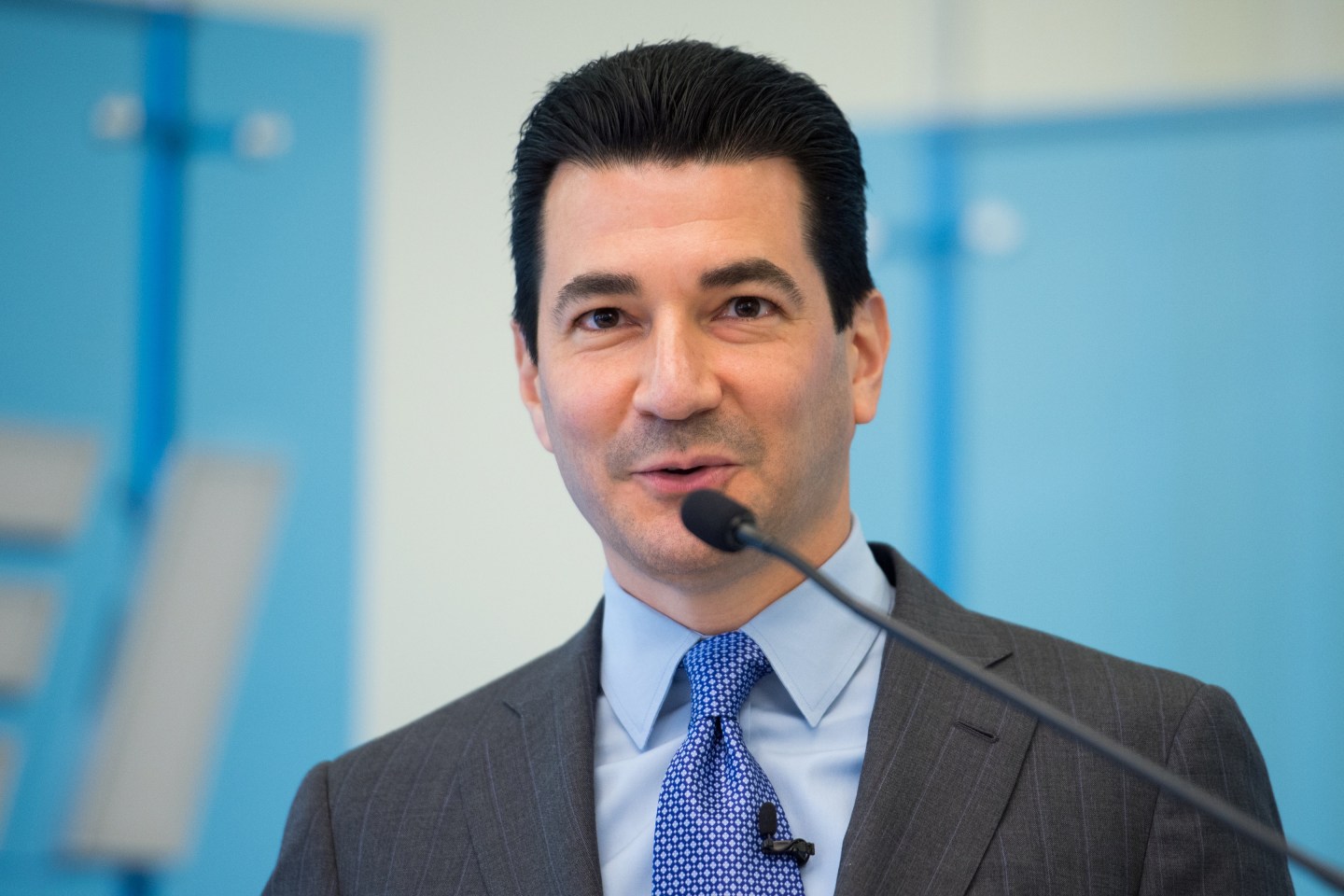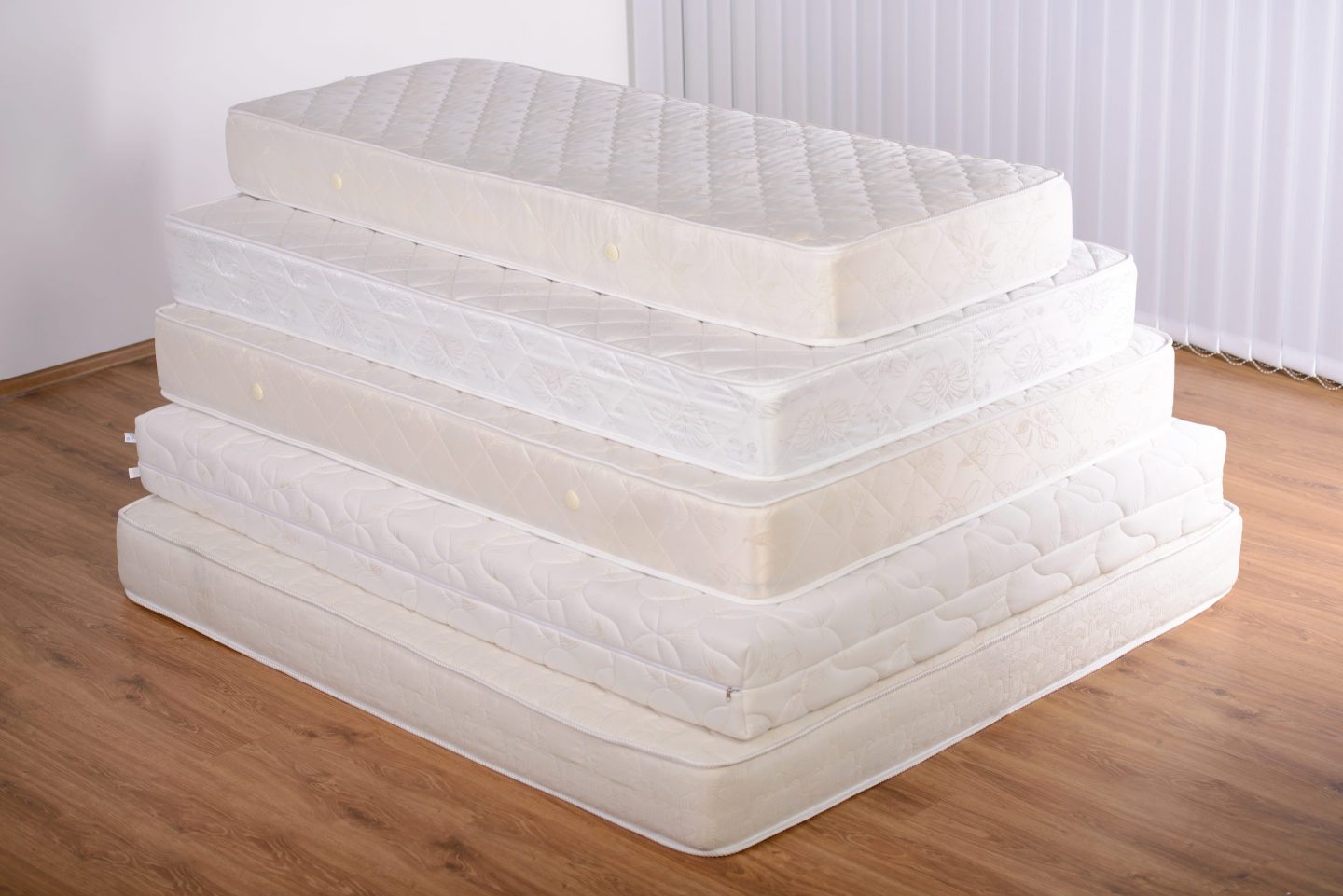The Food and Drug Administration (FDA) is taking what, for an agency that’s generally known for its caution and under-the-radar regulatory approach, may be seen as an aggressive new tact against drug makers: Publicly calling out companies accused of delaying the entry of cheaper generic drugs to the market by preventing generic manufacturers from getting samples of expensive brand name medicines.
“Today, we’re making public a list of companies that have potentially been blocking access to the samples of their branded products,” said FDA Commissioner Scott Gottlieb in a statement. “We hope that this increased transparency will help reduce unnecessary hurdles to generic drug development and approval.”
Subscribe to Brainstorm Health Daily,our newsletter about the most exciting health innovations.
The FDA’s new public list of companies that may be “gaming” the system, as the agency puts it, is being compiled by collecting inquiries from generic biopharmaceutical firms who claim they’re having trouble getting their hands on branded treatments they’d like to make copycats of due to limited distribution. (It’s hard to make a version of a therapy without, well, access to the actual therapy.)
A number of industry giants currently in the database have inquiries spanning a variety of medications—although some appear on the list more than others. For instance, Celgene, which has come under intense scrutiny for regularly hiking the price of its flagship blood cancer treatment Revlimid, has 31 inquiries across three different drugs (including 13 Revlimid-related inquiries). Novartis has 11 inquiries over four drugs and Gilead has 11 for two medicines (including one for the HIV prevention treatment Truvada).
Health and Human Services (HHS) Secretary Alex Azar telegraphed the FDA database when announcing new Trump administration efforts aimed at reducing drug prices last week. As it turns out, Azar and Gottlieb were serious about the name-and-shame.












